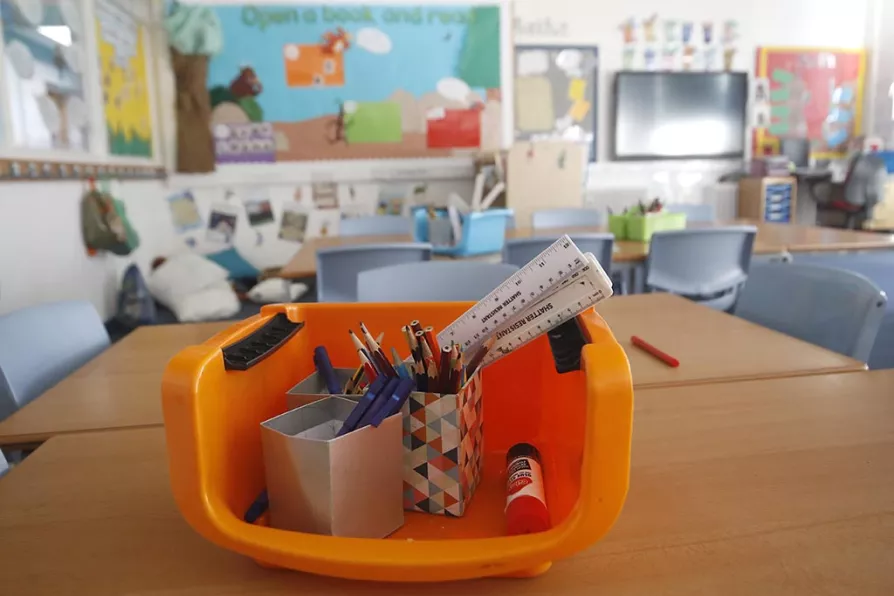The PM says Mandelson 'betrayed our values' – but ministers and advisers flock to line their pockets with corporate cash, says SOLOMON HUGHES


I THINK it’s important we highlight the state of play for children entering the Covid-19 crisis, as the government neglecting children is nothing new. Since 2010 it has been government policy.
Over 1,000 Sure Start centres, which had the aim of giving children the best start in life often in the most disadvantaged areas, have vanished from our communities. Between 2010 and 2017 reductions in local authority funding meant the “early intervention” allocation fell by 64 per cent.
School budgets have been slashed by £5.4 billion since 2015 alone, with proposed increases in funding barely repairing the squeeze felt since austerity began according to the Institute for Fiscal Studies.

MATT WRACK issues a clarion call for a rejuvenation of public services for the sake of our communities and our young people

We face austerity, privatisation, and toxic influence. But we are growing, and cannot be beaten












